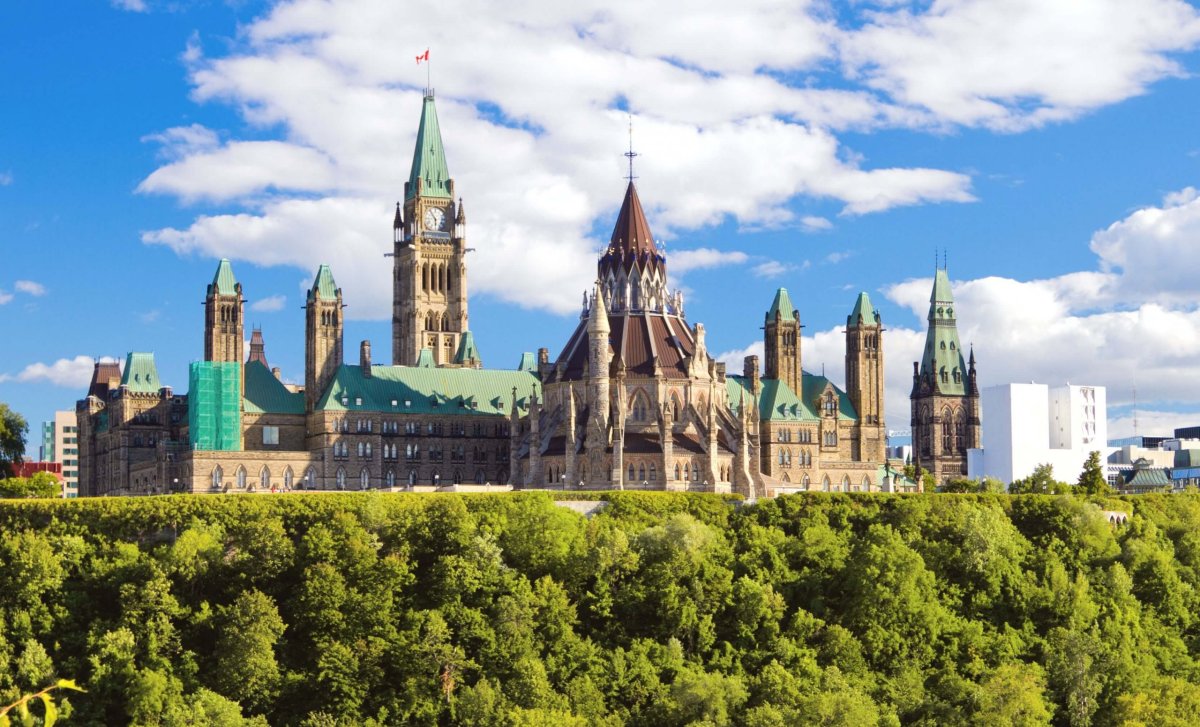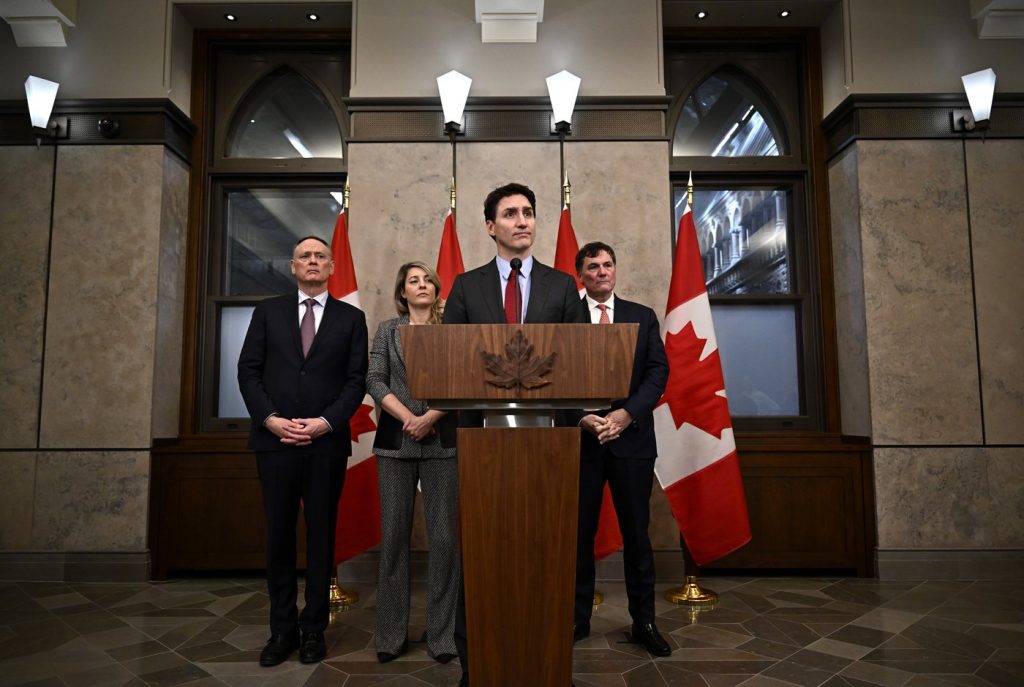As U.S. tariffs cripple economies worldwide, Canada’s pursuit of new trade partners like India and China raises serious questions about accountability and equity. International Trade Minister Maninder Sidhu is eager to promote Canadian goods abroad, but this ambition must confront the harsh realities of fraught diplomatic ties and longstanding economic inequalities.
Canada"s Economic Reliance on the U.S.
Canada’s economy has long been tethered to its southern neighbor. According to Statistics Canada, approximately 75% of Canadian exports go to the U.S. This over-reliance exposes Canada to economic instability whenever U.S. tariffs fluctuate. Sidhu’s push for diversification comes as a desperate response to these vulnerabilities, yet the potential partners he targets come with their own sets of complications.
Trade Negotiations with the U.K. Stumble Over Dairy Politics
The U.K. presents a tantalizing opportunity for trade expansion. However, previous negotiations have crumbled over contentious issues like tariff-free access for U.K. dairy producers to the Canadian market. The British government notably walked away from discussions in January 2024, as reported by CBC News. Sidhu insists that Canada will not dismantle its vital supply management system, which protects local farmers from foreign competition. This stance could further alienate potential partners and signal to the global market that Canada prioritizes domestic interests over international collaboration.
\n\n
Parliament Hill, Ottawa - all you need to know
India"s Diplomatic Tensions Delay Trade Progress
Trade relations with India could also serve as a lifeline for Canada, especially since bilateral trade was valued at $9.36 billion in 2023 according to Wikipedia. However, recent accusations of Indian government involvement in violence within Canada have led to a breakdown in trust. The expulsion of diplomats from both countries signals a significant crisis that further complicates trade discussions. Sidhu’s assertion that trade has continued on an upward trajectory despite these tensions seems overly optimistic in light of the broader geopolitical climate.
China"s Tariff Retaliation Exacerbates Economic Strains
China’s retaliatory tariffs on Canadian agricultural products—up to 100% on canola oil and other goods—have already made the financial implications of this relationship painfully clear. The Canadian agricultural sector is under siege as it faces declining market access and rising production costs. Sidhu"s commitment to reviving trade discussions through the Joint Economic and Trade Commission may be too little, too late. The economic stakes are high, but will Canada’s leadership prioritize accountability and sustainable practices over mere profit motives?
\n\n
In the news today: Trump and Trudeau to talk amid pending ...
Workers" Rights Must Not Be Compromised in Trade Deals
As Canada seeks to deepen its international trade relationships, the voices of marginalized workers must be amplified. Trade agreements often prioritize corporate interests at the expense of labor rights and environmental protections. Without strong safeguards, Canadian workers could find themselves competing against exploitative labor practices in countries like India and China. The urgency to protect workers’ rights should be paramount in any trade negotiations. According to the Canadian Labour Congress, trade deals should not come at the expense of communities that have fought for fair wages and safe working conditions.
In this era of economic uncertainty, Canada’s trade strategy could either uplift marginalized populations or reinforce existing inequalities. Sidhu’s plans should serve as a litmus test for the government’s commitment to social justice and economic equity. The time for action is now; Canadians deserve transparency and accountability in how their government engages with the world.







![[Video] Gunfire between Iraqi security forces and Sadr militias in Baghdad](/_next/image?url=%2Fapi%2Fimage%2Fthumbnails%2Fthumbnail-1768343508874-4redb-thumbnail.jpg&w=3840&q=75)
